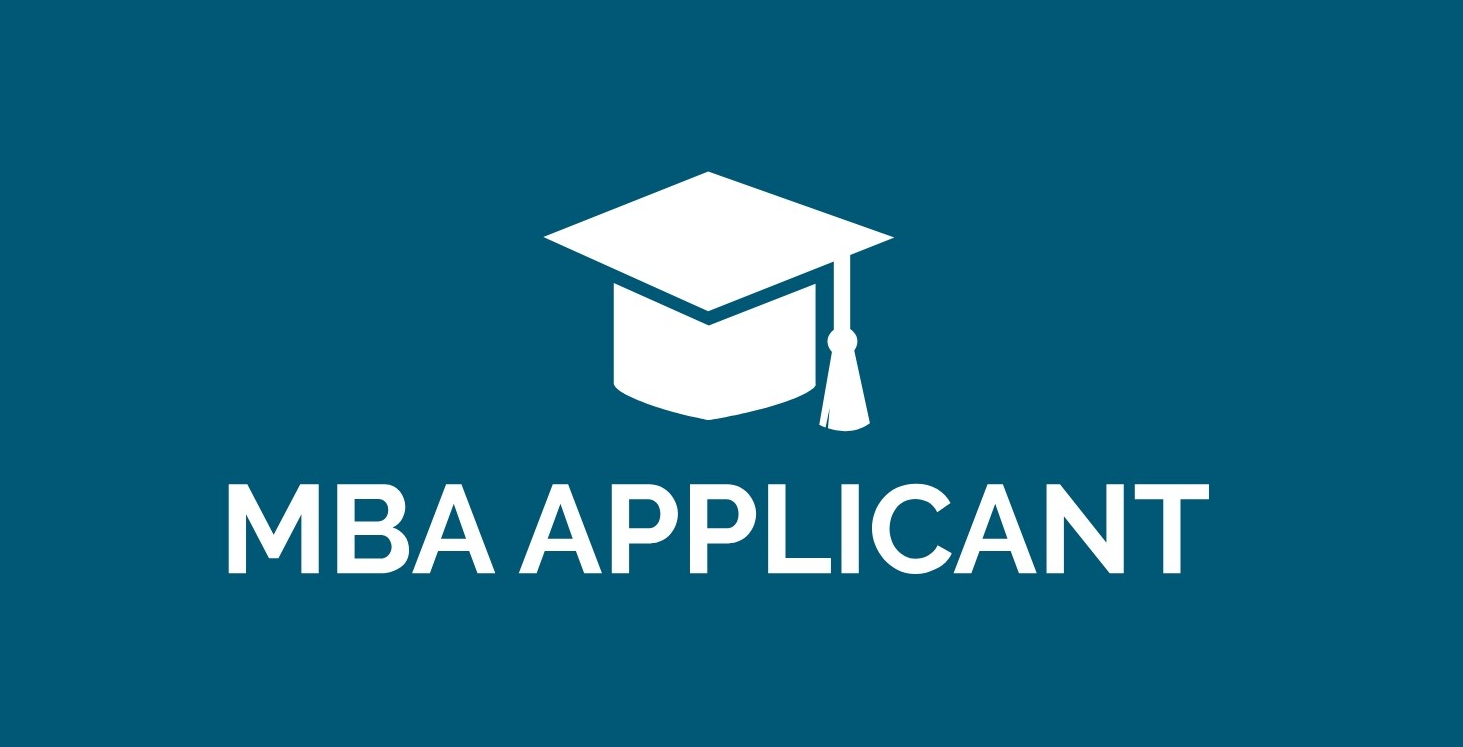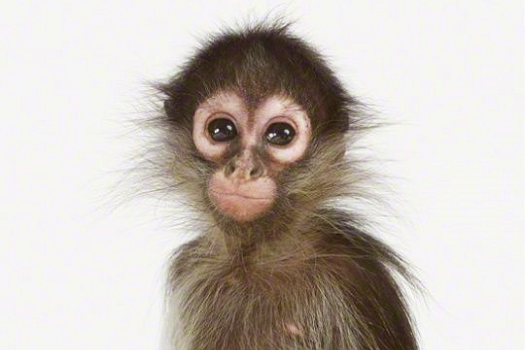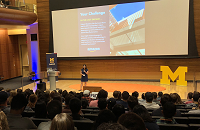How I put a Monkey into the Harvard Business School
I have a running joke that I tell in class: "If you let me write what I want on your application, I can put a monkey into Harvard."
I've told that joke for many years to make the point that it's possible to write your way into business school, even if your credentials aren't all that great.
What I've found over the years is that compelling storytelling — even if it's not about your professional accomplishments or career aspirations — is exceptionally effective in the admissions game. In assembling an MBA class, admissions officers look beyond professional pedigrees for interesting candidates with unique experiences that can be shared with classmates. That's why an interesting personal story can make a difference in the admissions decision.
Having seen this phenomenon many times, I know that I can significantly increase an applicant's odds by telling a great story. Simply put, if you let me write your essays and say whatever I want, I know that I can put most qualified applicants into the world's top business schools. After all, I've been doing this a long time, and I know what admissions officers are looking for.
The Monkey Story
A few years ago, a guy showed up at my GMAT class in the middle of the term. Given that my course is private and unadvertised, "Ken" must have known one of my previous students and been referred by him. It turns out he already had a terrific GMAT score. His problem was the application. He had applied to six schools the year before and been rejected by all of them. He wanted me to rebrand his candidacy and help him apply again in the coming year.
Ken was a good guy, and it soon became apparent that he had been robbed the year before. All of his friends had gotten in, and as I read his essays I realized that he hadn't done a bad job; he just hadn't put a product on the table that an admissions officer could buy.
So I agreed to help him. We chose a list of schools and started into the brainstorming process — the initial phase in which I ask applicants to answer lots of questions as we explore strategic options for the content that admissions officers will find most appealing.
The Challenge
Ken chose an appropriate list of top-tier schools — all programs he had applied to the year before. But he had had enough of Harvard. Being rejected by his dream school had crushed him, and he wasn't going to apply there again. Then one night in class he heard me tell my monkey joke and changed his mind. He said he would submit the Harvard application and let me write whatever I wanted, just to see what happens.
I knew he was calling my bluff. The idea of submitting a made-up story crafted by a professional writer and designed specifically to beat an admissions officer appealed to him. It was an opportunity to stick it to the admissions staff who had rejected him the year before. We laughed our asses off and decided to give it a try. It would be professional writer versus professional admissions officer, and may the best man win.
What I Wrote
For the better part of five weeks, I didn't write anything. I just brainstormed — which is what professional writers do when they're doing nothing. Then two days before the deadline, I sat down at the computer and wrote Harvard a story loosely based on Ken's experience growing up. It was poignant and beautiful and it ended with a heartbreaking ironic twist.
We waited. Ken had said at the beginning of our experiment that he wouldn't accept the offer if Harvard admitted him. It was just an experiment — a joke, really. I told him it was his call.
Seven weeks later he sent me a frantic text message screaming that he had gotten in, and I laughed for a solid hour, knowing that I had put a monkey into Harvard using a fabricated personal story about something outside of work.
What Would You Do?
If you were in Ken's shoes, what would you do? You've just been admitted to Harvard because of an essay that your friend wrote to prove that writing skills matter. The story — complete with touching personal life events — never happened. It was a lie told purely for effect.
At the same time, that story had nothing to do with your professional achievements or your career goals. It was just a touching personal-experience essay. Everything else in your application is true: your impressive work experience, your exceptional GPA and your killer GMAT score. Last year you had been rejected with the exact same profile. This year a silly personal story got you admitted. Why not accept the offer? You're extremely qualified.
Before making your decision, you should know that in addition to Harvard, Ken was admitted to Wharton and MIT. (And maybe Booth; I forget.) And to complicate matters further, we hadn't told false personal stories in any of his other applications. Instead, we had focused on his work experience and career goals, and we had branded his candidacy more effectively than he had done by himself the year before. Our work paid off and he got into a whole bunch of schools; but there was that Harvard dilemma. Which offer should he accept?
Epilogue
Ken has now graduated. He's an MBA back in the working world, making money and repaying his student loans. But what did he decide?
What would you decide?








